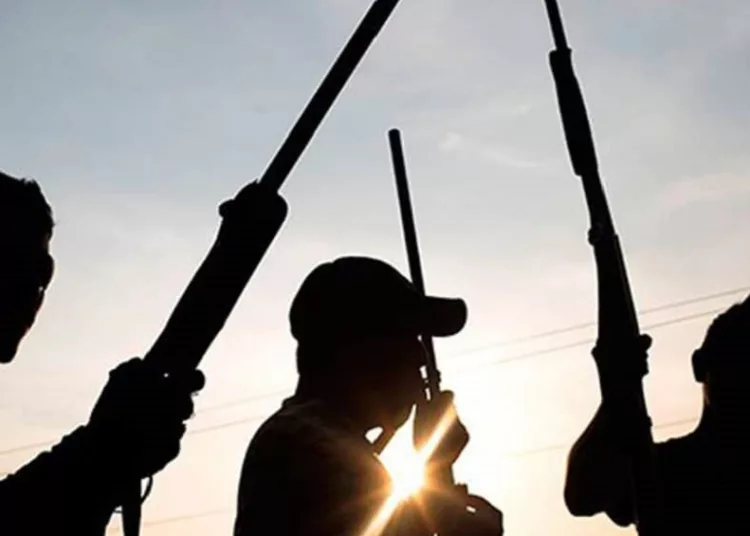Security is a national concern that requires a multifaceted approach. This much has been advocated by scholars and other stakeholders in several forums. It is important to note that the media plays a critical role in national security. Despite this expectation, there is a pervasive allegation that media reporting is responsible for the dampened public perception of the efforts of the security agencies in entrenching national security.
This fact has been debated in several quarters, and yet the import of the critical role the media plays in national security has not gained the desired attention.
As a newspaper, we uphold the view that the media, as the fourth estate of the realm, is a significant partner in the fight against crime and criminality in the country. The idiomatic expression ” the pen is mightier than the sword”resonates with influence and persuasion in bringing about change. It buttresses the role of the media in national security and why media promoters must embrace this reality and reflect it in their reportage of security issues in the country. The role of the media is non-kinetic and contributes significantly to security operations.
Let’s call a spade a spade. Media promoters see reportage on the security sector as an agitation rather than a civic duty. News headlines and stories that stoutly indict the security agencies in security breaches are prevalent and serve as a boost to the activities of non-state actors.
That comes as counterproductive in the overall national security landscape. It is our opinion that news reporting on national security must serve the national interest. This does not stifle press freedom. It rather enhances national security concerns.
For example, the Boko Haram insurgency in the northeast has been reported extensively as it unravels, and most times with a slant that seems objective but confers undue advantage to the Boko Haram insurgents unknowingly. It also triggers emotions for the families and relatives of security operatives in the theatre of operations. That aside, there is also the picture of grim that is painted when news reportage indicates several casualties in warfare. It shapes public opinion on the efforts of the security agencies in addressing security concerns in the country.
The use of vague language in reporting conflict situations is highly recommended for media houses. For example, “the military suffers regrettable losses” is better than “Boko Haram kills 100 soldiers. It is our opinion as a newspaper that vague reporting should be introduced for the various security operations across the country. Vague reporting in conflict situations is not a new concept. It has been widely deployed around the globe, and Nigeria should not be an exception. It serves as a token of commitment to national security.
As a newspaper, we make a commitment to vague reporting on security issues in the country. It highlights the crucial role of the media in national security. It protects sensitive information, shapes the narrative and influences public opinion when it matters most. This is very instructive given the peculiarities of the time and the invaluable role of the media in entrenching national security.
National Security is multifaceted. We believe that the role of the media is crucial, given the urgency of now that requires all hands to be on deck. The media can’t be seen as constituting a clog in the wheels of progress through its reportage. The need to inform is as critical as the need to protect sensitive information. This is on the heels of the fact that information is power. One should not be at the expense of the other. We stress this point as we also advocate for vague reporting on national security matters.
It can be argued that criminal elements could exploit sensational headlines and news reportage to secure funding for their nefarious activities. This is on the heels that terrorism financiers can rely on media reportage to assess the impact of their financing activities to make decisions on proposals presented by non-state actors for sustained funding of their unpatriotic activities. This is a link that should be broken if we are desirous of addressing the myriad of security challenges in the country. It is our opinion that the use of brute force alone is not sufficient. This is a statement of fact. There is a place for non-kinetic operations that includes the invaluable role of the media in shaping the narrative and preserving sensitive information in the interest of national security.
The recognition of vague reporting on national security and its implementation by media promoters holds the ace in the attempt to address the myriad of security challenges in the country. The need to strengthen collaborations between the security agencies and the media cannot be overemphasized. News reportage should not jeopardise national security.





